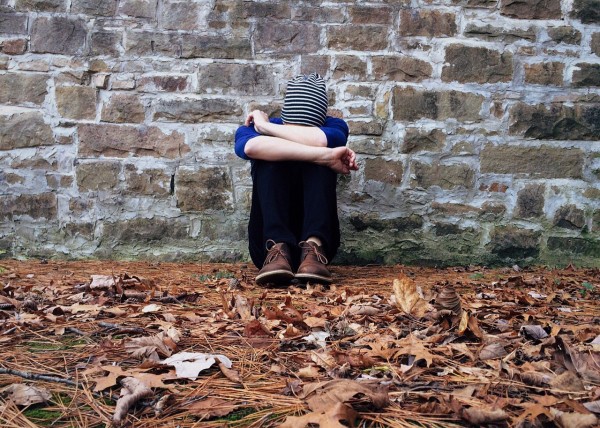A lone wolf may be able to thrive in solitude, but humans are not wolves. Loneliness hurts, and it affects the strongest of people. Recent studies have shed light on the severity of loneliness, and its toll on human health, even for individuals who prefer to be alone. If left alone, this silent sickness can fester into a plethora of symptoms on par with that of obesity and depression. This begs the question: how serious is loneliness compared to other “real” illnesses?
Researchers and health experts have come up with numerous theories to explain the phenomenon of loneliness. University of Chicago neuroscientist John Cacioppo asserts that for a social species such as humans, the brain recognizes social isolation as a sign of danger and responds by entering a self-preservation state. However, this ends up bringing in many unfavorable side effects, such as elevated stress levels. This happens when the brain of a “lone wolf” mentally prepares for another stressful day upon waking up, leading to a rise in the stress hormone, cortisol.
“We get a flatter diurnal cycle in that cortisol, which means it’s not shutting off as much at night,” Cacioppo says. As a result, cortisol stays in the body longer and interferes with one’s sleep by causing one’s brain to “wake up” multiple times throughout the sleep cycle.
Increased stress and reduced sleep quality may be manageable in the short run, but being in a continuously stressed out state will wear the body down drastically over time. Cacioppo’s research indicated that sleep deprivation will impair the brain’s ability to process information and react to external stimuli. As a result, individuals with long-term chronic loneliness tend to struggle with impaired cognitive function and weakened immune responses.
Image Source: Roy Mehta
Elevated cortisol levels are also caused by long-term loneliness, and can potentially lead to deadly health risks. Inflammation, which occurs when the immune system releases a large amount of leukocytes (white blood cells) to an area to prevent tissue damage and infection, is usually kept in check by the anti-inflammatory hormone cortisol. However, having an increased amount of cortisol within the body desensitizes leukocyte response. As a result, the body becomes less responsive to cortisol and more susceptible to frequent inflammation, leading to the dangerous hardening of the arteries through a process known as atherosclerosis, and an increased risk of heart attack.
For anyone diagnosed with loneliness, the first and most important step to take is to reach out to a family member, friend, or medical professional for emotional support. Engaging in cognitive-behavioral “talk” therapy with a third-party mediator can help one achieve social breakthroughs that he or she cannot normally achieve alone. Through this “talk” therapy, people explore the circumstances that lead to loneliness, reflect on their own cognitive and emotional responses to social situations, and practice recognizing opportunities to improve their social relationships with others. In doing so, people will be able to figure out how they got themselves into a state of loneliness, and how to combat the problem.
Alternatively, other steps can be taken to alleviate the burden of loneliness. Owning a pet, for example, allows the owner to form an interpersonal relationship with an unconditionally loving partner without the pressures of social interaction. A 2001 study published in the journal Hypertension involving pet ownership supports these findings, showing that pet owners exhibited lower spikes in blood pressure during a stressful situation. Forming accountability in relationships with others dealing with loneliness is also effective. Shared struggle and cooperation leads to accountability, and accountability leads to consistent work and ultimately psychological improvement.
Image Source: John Howard
Loneliness is more than just a feeling. It is tangible, and it hurts. However, by treating it as a serious health threat and employing a coherent process to attack it, the problem can definitely be contained. At the end of the day, it is the issue of loneliness that should be isolated, not the people.










